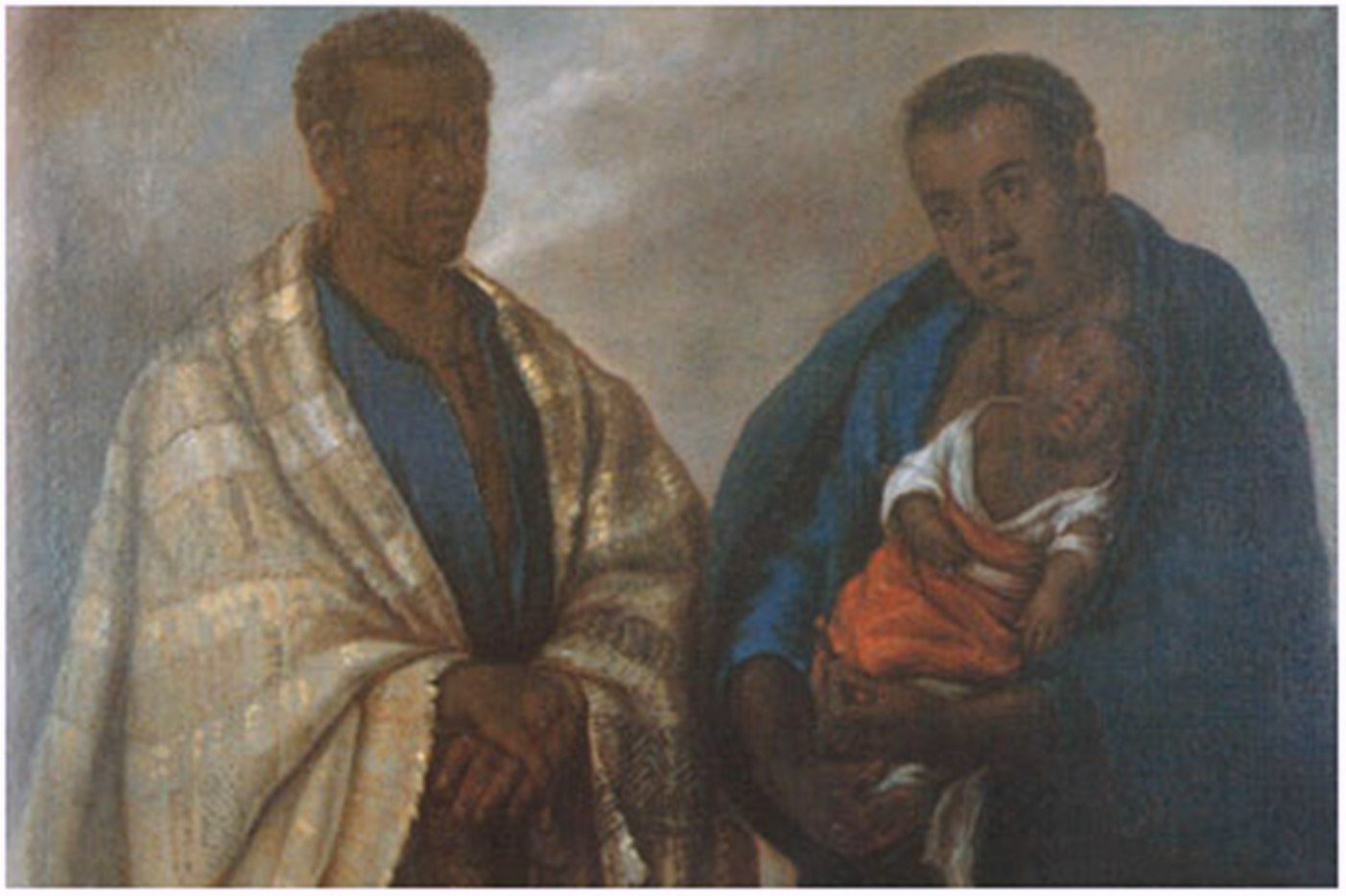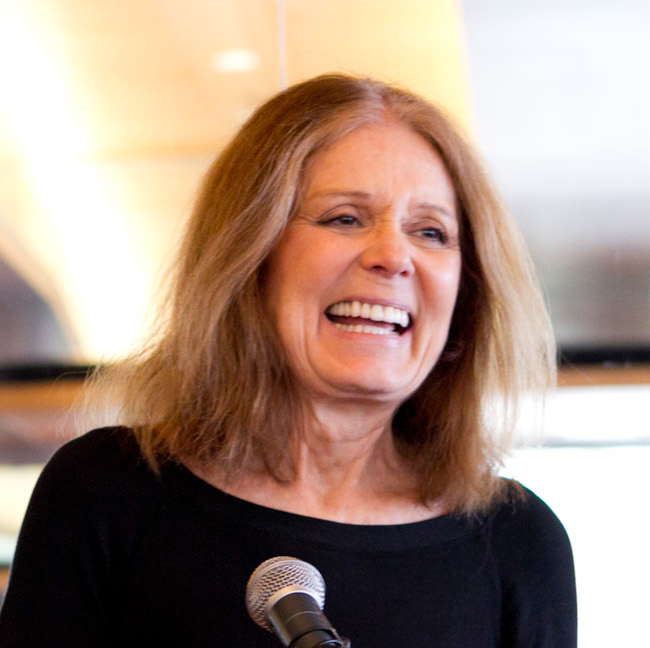|
Standpoint Feminism
Standpoint feminism is a theory that feminist social science should be practiced from the standpoint of women or particular groups of women, as some scholars (e.g. Patricia Hill Collins and Dorothy Smith) say that they are better equipped to understand some aspects of the world. A feminist or women's standpoint epistemology proposes to make women's experiences the point of departure, in addition to, and sometimes instead of men's. Overview Dorothy Smith, teaching at University of California, Berkeley, when the women's movement was in its early stages, looked at the experience of female academics and began to ask about life stories of these women. As a feminist inspired by Karl Marx, Smith turned her attention to the development of "a sociology for women". She founded feminist standpoint theory, which looked at the social world from the perspectives of women in their everyday worlds and the ways in which women socially construct their worlds. As theorized by Nancy Hartsock in ... [...More Info...] [...Related Items...] OR: [Wikipedia] [Google] [Baidu] |
Feminist
Feminism is a range of socio-political movements and ideologies that aim to define and establish the political, economic, personal, and social equality of the sexes. Feminism incorporates the position that society prioritizes the male point of view and that women are treated unjustly in these societies. Efforts to change this include fighting against gender stereotypes and improving educational, professional, and interpersonal opportunities and outcomes for women. Feminist movements have campaigned and continue to campaign for women's rights, including the right to vote, run for public office, work, earn equal pay, own property, receive education, enter contracts, have equal rights within marriage, and maternity leave. Feminists have also worked to ensure access to contraception, legal abortions, and social integration and to protect women and girls from rape, sexual harassment, and domestic violence. Changes in female dress standards and acceptable physical ... [...More Info...] [...Related Items...] OR: [Wikipedia] [Google] [Baidu] |
African Diaspora
The African diaspora is the worldwide collection of communities descended from native Africans or people from Africa, predominantly in the Americas. The term most commonly refers to the descendants of the West and Central Africans who were enslaved and shipped to the Americas via the Atlantic slave trade between the 16th and 19th centuries, with their largest populations in the United States, Brazil and Haiti. However, the term can also be used to refer to the descendants of North Africans who immigrated to other parts of the world. Some scholars identify "four circulatory phases" of this migration out of Africa. The phrase ''African diaspora'' gradually entered common usage at the turn of the 21st century. The term ''diaspora'' originates from the Greek (''diaspora'', literally "scattering") which gained popularity in English in reference to the Jewish diaspora before being more broadly applied to other populations. Less commonly, the term has been used in scholarship to ... [...More Info...] [...Related Items...] OR: [Wikipedia] [Google] [Baidu] |
Homophobia
Homophobia encompasses a range of negative attitudes and feelings toward homosexuality or people who are identified or perceived as being lesbian, gay or bisexual. It has been defined as contempt, prejudice, aversion, hatred or antipathy, may be based on irrational fear and may also be related to religious beliefs. Negative attitudes towards transgender and transsexual people are known as transphobia.* *"European Parliament resolution on homophobia in Europe" Texts adopted Wednesday, 18 January 2006 – Strasbourg Final edition- "Homophobia in Europe" at "A" point * * Homophobia is observable in critical and hostile behavior such as discrimination and violence on the basis of sexual orientations that are non-heterosexual. Recognized types of homophobia include ''institutionalized'' homophobia, e.g. religious homophobia and state-sponsored homophobia, and ''internalized'' homophobia, experienced by people who have same-sex attractions, regardless of how they identi ... [...More Info...] [...Related Items...] OR: [Wikipedia] [Google] [Baidu] |
Vacuum
A vacuum is a space devoid of matter. The word is derived from the Latin adjective ''vacuus'' for "vacant" or " void". An approximation to such vacuum is a region with a gaseous pressure much less than atmospheric pressure. Physicists often discuss ideal test results that would occur in a ''perfect'' vacuum, which they sometimes simply call "vacuum" or free space, and use the term partial vacuum to refer to an actual imperfect vacuum as one might have in a laboratory or in space. In engineering and applied physics on the other hand, vacuum refers to any space in which the pressure is considerably lower than atmospheric pressure. The Latin term ''in vacuo'' is used to describe an object that is surrounded by a vacuum. The ''quality'' of a partial vacuum refers to how closely it approaches a perfect vacuum. Other things equal, lower gas pressure means higher-quality vacuum. For example, a typical vacuum cleaner produces enough suction to reduce air pressure by around 20%. But ... [...More Info...] [...Related Items...] OR: [Wikipedia] [Google] [Baidu] |
Postmodern Feminism
Postmodern feminism is a mix of post-structuralism, postmodernism, and French feminism. The goal of postmodern feminism is to destabilize the patriarchal norms entrenched in society that have led to gender inequality. Postmodern feminists seek to accomplish this goal through rejecting essentialism, philosophy, and universal truths in favor of embracing the differences that exist amongst women to demonstrate that not all women are the same. These ideologies are rejected by postmodern feminists because they believe if a universal truth is applied to all woman of society, it minimizes individual experience, hence they warn women to be aware of ideas displayed as the norm in society since it may stem from masculine notions of how women should be portrayed. Postmodern feminists seek to analyze any notions that have led to gender inequality in society. Postmodern feminists analyze these notions and attempt to promote equality of gender through critiquing logocentrism, supportin ... [...More Info...] [...Related Items...] OR: [Wikipedia] [Google] [Baidu] |
Maryse Condé
Maryse Condé (née Boucolon; February 11, 1937) is a French novelist, critic, and playwright from the French Overseas department and region of Guadeloupe. Condé is best known for her novel ''Ségou'' (1984–85).Condé, Maryse, and Richard Philcox. ''Tales from the Heart: True Stories from My Childhood.'' New York: Soho, 2001. Her novels explore the African diaspora that resulted from slavery and colonialism in the Caribbean. Her novels, written in French, have been translated into English, German, Dutch, Italian, Spanish, Portuguese, and Japanese. She has won various awards, such as the Grand Prix Littéraire de la Femme (1986), Prix de l’Académie française (1988), Prix Carbet de la Carraibe (1997)"Author Profile: Maryse Condé" ''World Literature Today'' (September–December 2004), 78 (3/4), p. 27. and the < ... [...More Info...] [...Related Items...] OR: [Wikipedia] [Google] [Baidu] |
Sylvia Wynter
''The Honourable'' Sylvia Wynter, O.J. (Holguín, Cuba, 11 May 1928) is a Jamaican novelist, /sup> dramatist, /sup> critic, philosopher, and essayist. /sup> Her work combines insights from the natural sciences, the humanities, art, and anti-colonial struggles in order to unsettle what she refers to as the "overrepresentation of Man." Black studies, economics, history, neuroscience, psychoanalysis, literary analysis, film analysis, and philosophy are some of the fields she draws on in her scholarly work. Biography Sylvia Wynter was born in Cuba to Jamaican parents, actress Lola Maude (Reid) Wynter and tailor Percival Wynter. At the age of two, she and her brother Hector and their parents returned to their home country of Jamaica. She attended the Ebenezer primary school in Kingston and, at the age of 9, won a scholarship to attend the St Andrew High School for Girls, also in Kingston. In 1946, she was competed for and won the Jamaica Centenary Scholarship for Girls, which took ... [...More Info...] [...Related Items...] OR: [Wikipedia] [Google] [Baidu] |
Mary Seacole
Mary Jane Seacole (;Anionwu E.N. (2012) Mary Seacole: nursing care in many lands. ''British Journal of Healthcare Assistants'' 6(5), 244–248. 23 November 1805 – 14 May 1881) was a British-Jamaican nurse and businesswoman who set up the "British Hotel" behind the lines during the Crimean War.Bonnie McKay Harmer, ''Silenced in history: A historical study of Mary Seacole'' (2010). She described the hotel as "a mess-table and comfortable quarters for sick and convalescent officers", and provided succour for wounded service men on the battlefield, nursing many of them back to health. Coming from a tradition of Jamaican and West African " doctresses", Seacole displayed "compassion, skills and bravery while nursing soldiers during the Crimean War", through the use of herbal remedies. She was posthumously awarded the Jamaican Order of Merit in 1991. In 2004, she was voted the greatest black Briton in a survey conducted in 2003 by the black heritage website Every Generation. ... [...More Info...] [...Related Items...] OR: [Wikipedia] [Google] [Baidu] |
Mary Prince
Mary Prince (c. 1 October 1788 – after 1833) was a British abolitionist and autobiographer, born in Bermuda to a slave family of African descent. After being sold a number of times, and being moved around the Caribbean, she was brought to England as a servant in 1828, and later left her master. Prince was illiterate, but while she was living in London she dictated her life story to Susanna Strickland, a young lady living in the home of Thomas Pringle, secretary of the Society for the Mitigation and Gradual Abolition of Slavery Throughout the British Dominions (aka Anti-Slavery Society, 1823–1838). Strickland wrote down her slave narrative which was published as ''The History of Mary Prince'' in 1831, the first account of the life of a black slave woman to be published in the United Kingdom. This first-hand description of the brutalities of enslavement, published at a time when slavery was still legal in Bermuda and British Caribbean colonies, had a galvanising effect on ... [...More Info...] [...Related Items...] OR: [Wikipedia] [Google] [Baidu] |
Heidi Mirza
Heidi Safia Mirza (born 1958) is a British academic, who is Professor of Race, Faith and Culture at Goldsmiths, University of London,"Heidi Safia Mirza" Staff in the Department of Sociology, Goldsmiths. Professor Emerita in Equalities Studies at the ,Heidi Mirza biography London Festival of Education, 2015. and Visiting Professor in Social Policy at the |
Sexism
Sexism is prejudice or discrimination based on one's sex or gender. Sexism can affect anyone, but it primarily affects women and girls.There is a clear and broad consensus among academic scholars in multiple fields that sexism refers primarily to discrimination against women, and primarily affects women. See, for example: * Defines sexism as "prejudice, stereotyping, or discrimination, typically against women, on the basis of sex". * Defines sexism as "prejudice or discrimination based on sex or gender, especially against women and girls". Notes that "sexism in a society is most commonly applied against women and girls. It functions to maintain patriarchy, or male domination, through ideological and material practices of individuals, collectives, and institutions that oppress women and girls on the basis of sex or gender." * Notes that Sexism' refers to a historically and globally pervasive form of oppression against women." * Notes that "sexism usually refers to prejudi ... [...More Info...] [...Related Items...] OR: [Wikipedia] [Google] [Baidu] |
Racism
Racism is the belief that groups of humans possess different behavioral traits corresponding to inherited attributes and can be divided based on the superiority of one race over another. It may also mean prejudice, discrimination, or antagonism directed against other people because they are of a different race or ethnicity. Modern variants of racism are often based in social perceptions of biological differences between peoples. These views can take the form of social actions, practices or beliefs, or political systems in which different races are ranked as inherently superior or inferior to each other, based on presumed shared inheritable traits, abilities, or qualities. There have been attempts to legitimize racist beliefs through scientific means, such as scientific racism, which have been overwhelmingly shown to be unfounded. In terms of political systems (e.g. apartheid) that support the expression of prejudice or aversion in discriminatory practices or laws, racist ideol ... [...More Info...] [...Related Items...] OR: [Wikipedia] [Google] [Baidu] |








